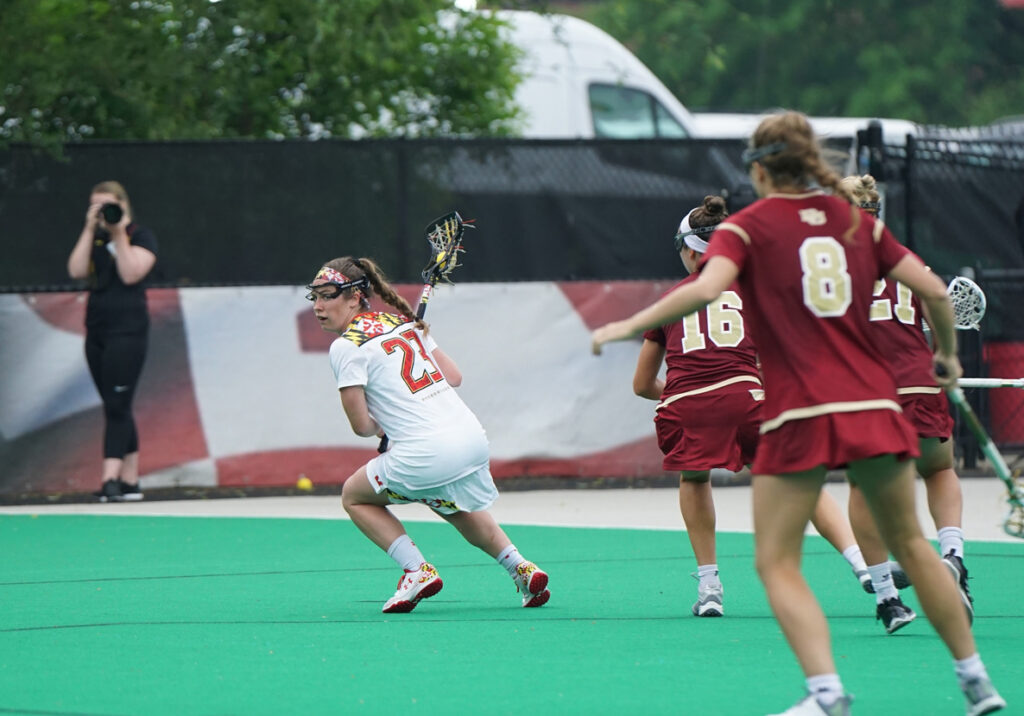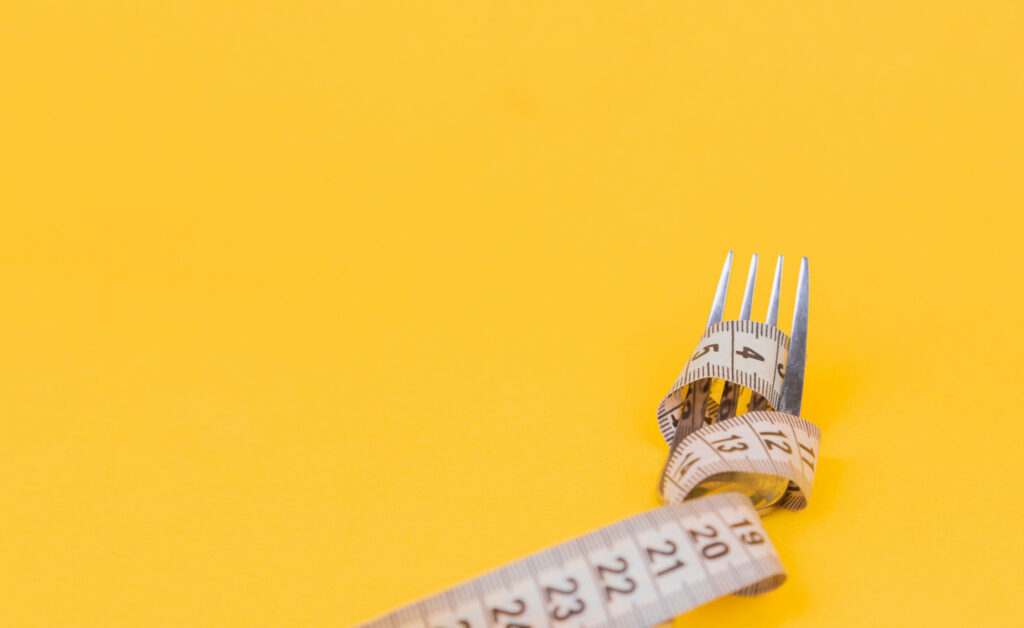ED Statistics
Athletes
Though most athletes with eating disorders are female, male athletes are also at risk—especially those competing in sports that tend to emphasize diet, appearance, size and weight. In weight-class sports (wrestling, rowing, horseracing) and aesthetic sports (bodybuilding, gymnastics, swimming, diving) about 33% of male athletes are affected. In female athletes in weight class and aesthetic sports, disordered eating occurs at estimates of up to 62%.

One study found that 35% of female and 10% of male college athletes were at risk for anorexia nervosa and 58% of female and 38% of male college athletes were at risk for bulimia nervosa.
Bullying/Weight Shaming
The best-known environmental contributor to the development of eating disorders is the sociocultural idealization of thinness.
79% of weight-loss program participants reported coping with weight stigma by eating more food.

Marginalized Voices
Despite similar rates of eating disorders among non-Hispanic Whites, Hispanics, African-Americans, and Asians in the United States, people of color are significantly less likely to receive help for their eating issues.
Teenage girls from low-income families are 153% more likely to be bulimic than girls from wealthy families.
BIPOC (Black, Indigenous, and People of Color)
- BIPOC are significantly less likely than white people to have been asked by a doctor about eating disorder symptoms.
- Asian American college students report higher levels of body dissatisfaction and negative attitudes toward obesity than their non-Asian, BIPOC peers.
People with Disabilities
- Women with physical disabilities are more likely to develop eating disorders.
- 20-30% of adults with eating disorders also have autism
Children & Young Adults
- 35-57% of adolescent girls engage in crash dieting, fasting, self-induced vomiting, diet pills, or laxatives.
- In a college campus survey, 91% of the women admitted to controlling their weight through dieting
You're not alone.
We're here to help.
CALL/TEXT THE NEDA HELPLINE AT (800) 931-2237 IF YOU OR ANYONE ELSE MAY NEED ASSISTANCE.
*ABSENCE OF CERTAIN EATING DISORDER SIGNS/SYMPTOMS DOES NOT MEAN THAT ONE SHOULD NOT SEEK PROFESSIONAL HELP.
